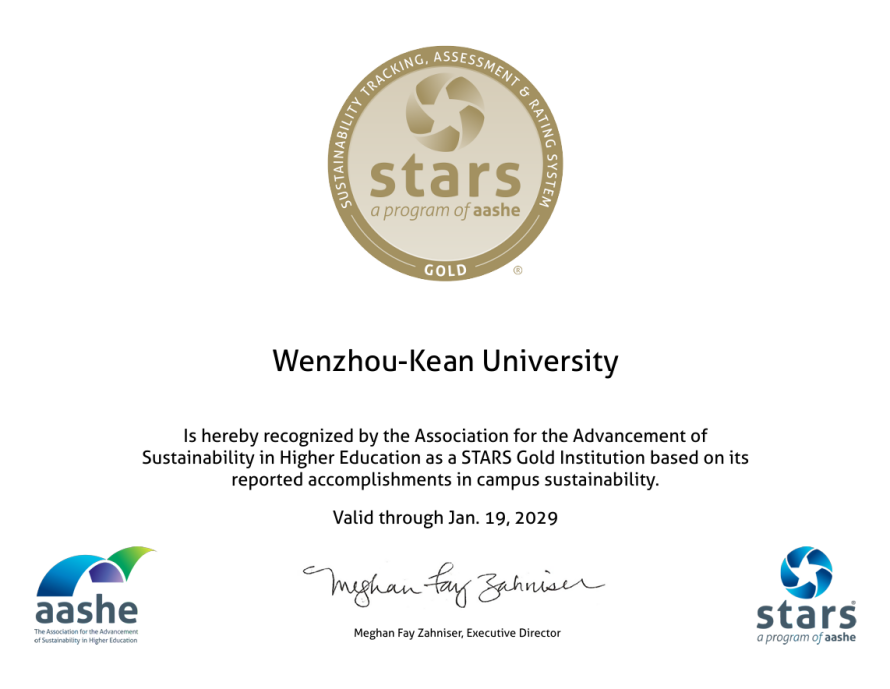Professor of Science and Technology identified key protein in plant reproduction
Animals including humans, respond to the environment by physical movements but how do plants achieve that? Despite being sessile and immobile, they have since the beginning of time, adapted to, and grew in, all kinds of environment. Surely, there must be sophisticated mechanisms in plant cells that enable them to perceive environmental signals and then respond by growing towards or away from them.
This is especially true for the transmission of sperm from the pollen tube to the eggs in the ovules during plant sexual fertilization. How the pollen tube finds its way to the ovules has long puzzled him and it took him almost ten years to figure out.
As biologists know, nitric oxide is a fast-diffusible gas that acts as a key signalling molecule in many developmental and physiological processes in both animals and plants. One such process is plant sexual reproduction, where nitric oxide regulates pollen-stigma interaction and pollen tube guidance. However, which proteins are involved in mediating this nitric oxide response had yet to be discovered.
This question also intrigued six researchers from America, Italy, and Saudi Arabia, together they made up a strong academic lineup to further probe this mystery.
Actually, his tentative study on this project could be traced back to 2011, when he was working on his doctoral degree, but confined to the backward technologies and research conditions, he could not observe the behavior of live and growing pollen tube cells even if under the scope of the most sophisticated microscope.
Back then, many people questioned the feasibility of this project. But I never yielded. “It is important” as he emphasized, “If you have an idea and believe in it, you should not let anybody diminish it. It is especially true when it comes to scientific research.”
The recent published article discloses that the Arabidopsis DIACYLGLYCEROL KINASE4 (DGK4) protein is directly involved in nitric oxide signalling in the pollen tube. In vitro, DGK4 mutant pollen tubes grow slowly, and their growth rate and navigation are insensitive to nitric oxide. Likewise, in vivo, mutant pollen tubes grow more slowly and are outcompeted by wild-type pollen tubes.
Sequence analysis reveals that DGK4 contains an H-NOX signature (Figure 1) known to sense nitric oxide in other organisms. Biochemical analysis revealed that DGK4 protein has spectral and catalytic changes that are compatible with a role in nitric oxide perception and signalling, while also displaying kinase and guanylyl cyclase activities.
Further probing of DGK4 domain regulations showed that both cGMP and nitric oxide inhibit the kinase, but nitric oxide did not inhibit the guanylyl cyclase activity. Dr. Wong’s research has established DGK4 as a key mediator in nitric oxide sensing and signalling during plant reproduction.
In a follow-up article published recently in Molecular Plant journal [Impact Factor: 12.084], Dr. Wong’s team at WKU explains how the H-NOX motif can potentially identify novel nitric oxide sensors in plants and in other systems.
It is a basic biological research project but it has huge potential which might contribute to the evolution of agriculture and plantation, since fertilization is a pre-requisite for germination, growth, and development.
It has been five years at WKU since his completion of post-doctoral work back in 2014 in France. Quoted from him, “Life here is quite peaceful and I am pretty satisfied. ”Differed from his previous work which concentrated mainly on research, he now needs to balance teaching and research, which gives him a sense of fulfilment. “Though it can be stressful sometimes, it is always a pleasure to convey what you have found to students.”
To inspire more academic enthusiasts to do research, he lined up his own research team with an average of 6 members. Staff and students together constitute the group. Major is not his first consideration when choosing a member. Instead, he considered interest as primary concern, while motivation plays second.
Shifted from his master education in Cambridge to Biological Sciences from King Abdullah University of Science & Technology, he seems to not have much hesitations. He stressed, a good supervisor that allows you freedom to express your ideas, is significant to doctoral training. A good supervisor will shape your career and serve as the beacon in your life, so as his supervisor did, he will inherit this kind of attitude leading his students to march ahead and further.
About Prof. Aloysius Wong
Dr. Wong is associate professor in biology of Science and Technology College, he gained a PhD degree in Biological Sciences from King Abdullah University of Science & Technology and a master’s degree in Cambridge. His research project has been acknowledged by the National Natural Science Foundation of China Program and Zhejiang Provincial Natural Science Foundation of China. Since his tenure at WKU, Dr. Wong has published several important papers listed in top international academic journals such as Molecular Plant, Plant Cell, Plant Journal, Bioinformatics, Development, Frontiers in Microbiology, etc.
Reference:
[1]Wong A, Donaldson L, Portes MT, Eppinger J, Feijó JA and Gehring C (2020). Arabidopsis DIACYLGLYCEROL KINASE4 is involved in nitric oxide-dependent pollen tube guidance and fertilization. Development 2020 147(8):dev183715. doi: 10.1242/dev.183715. [2] Wong A*, Tian X, Yang Y and Gehring C (2020). Identification of Potential Nitric Oxide Sensing Proteins Using the H-NOX Motif. Mol Plant. S1674-2052(20), 30394-4. doi: 10.1016/j.molp.2020.11.015.
- Wenzhou-Kean University Spearheading Sustainability in Higher Education in Asia and in China, Awarded the AASHE STARS Gold-Certified in Sustainability

- Media Report | Wenzhou Daily: A Window into Friendship Between Chinese and U.S. Youths Wenzhou-Kean University Welcomes 340 Young Americans in Two Years

- WKU Student wins first prize in a national English speech contest: What is his answer to the value of boredom?


